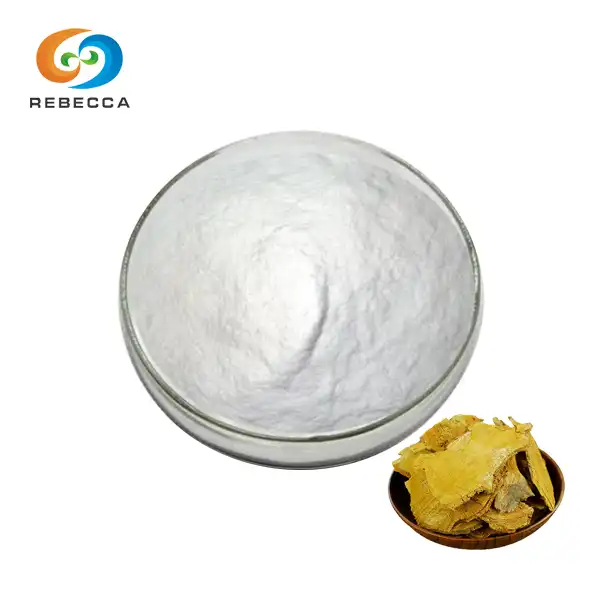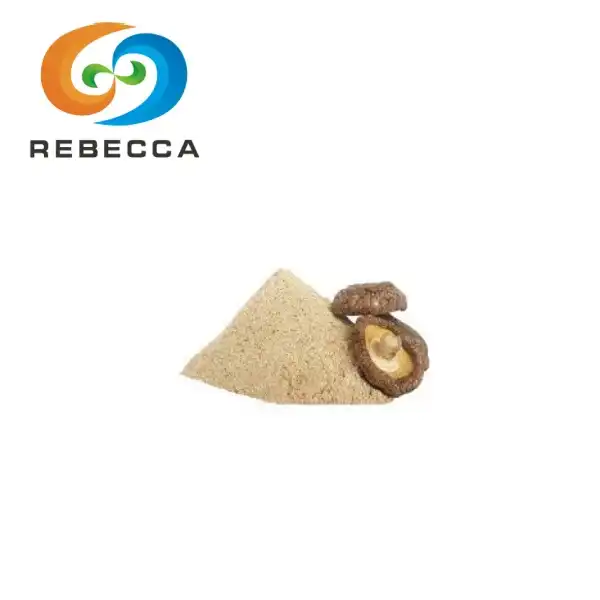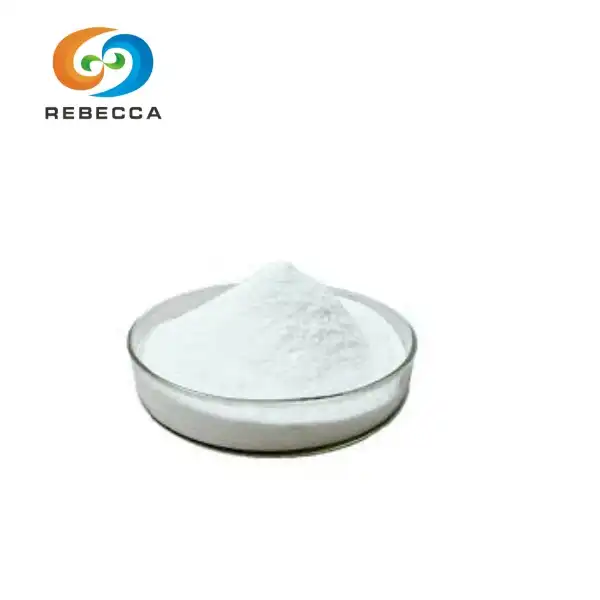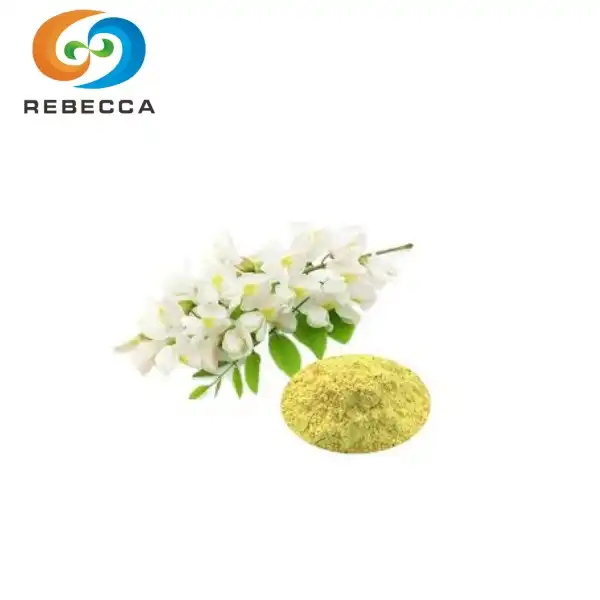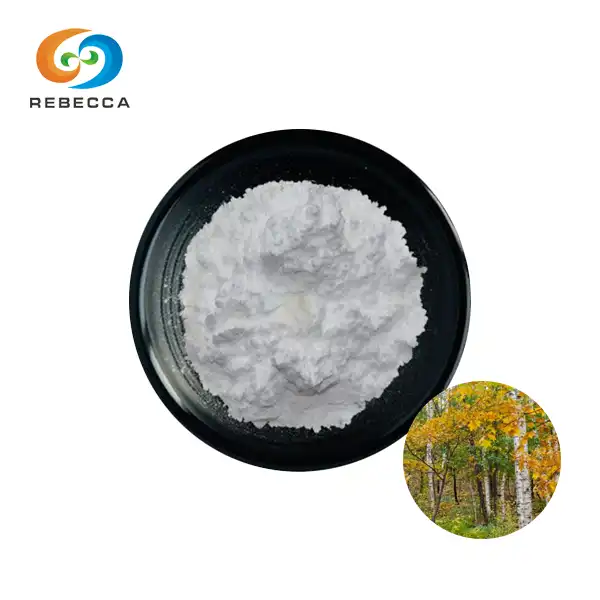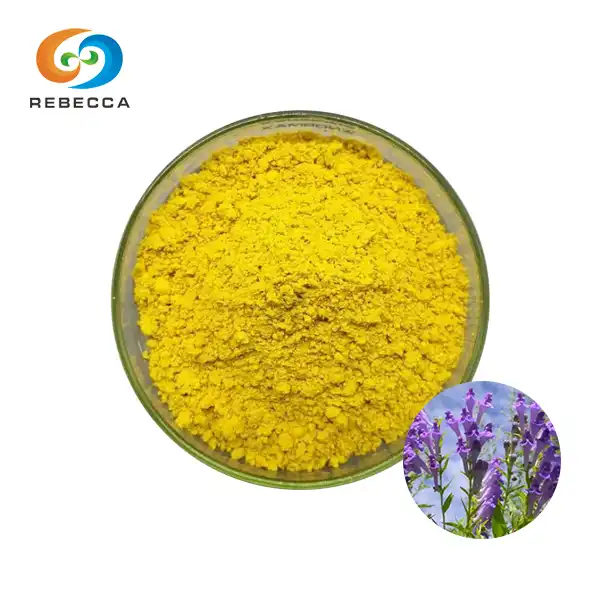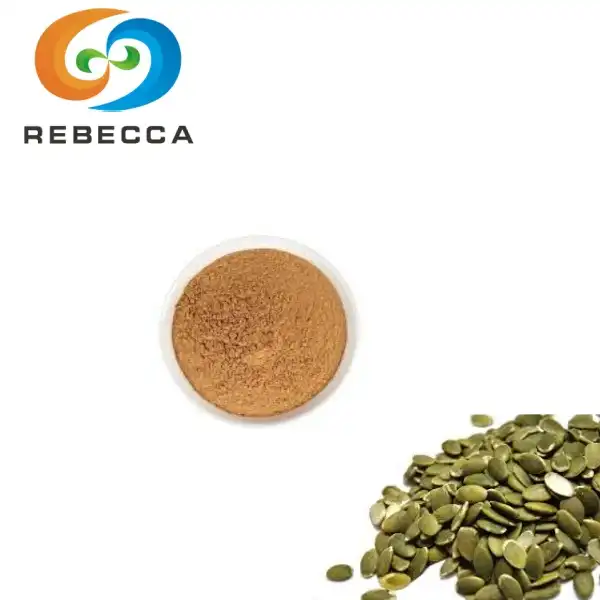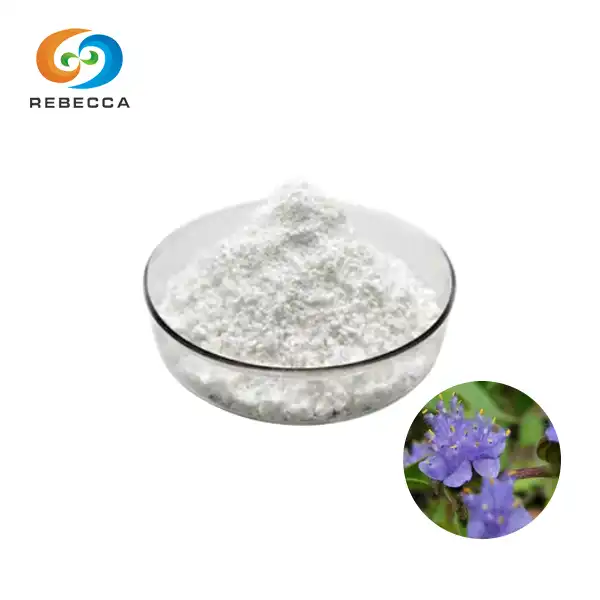How Resveratrol Enhances Cognitive Health and Memory?
Resveratrol, a polyphenolic compound, has demonstrated remarkable potential in supporting cognitive function through various mechanisms. Its neuroprotective properties stem from its ability to cross the blood-brain barrier, allowing it to directly influence brain health.
Antioxidant Protection for Brain Cells
One of the primary ways resveratrol supports cognitive health is through its potent antioxidant activity. The brain, being a metabolically active organ, is particularly susceptible to oxidative stress. It scavenges harmful free radicals, protecting delicate neural tissues from damage and supporting overall brain health.
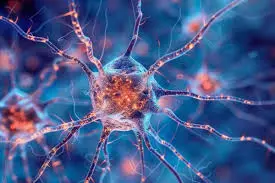
Enhancement of Neuroplasticity
Resveratrol has been shown to promote neuroplasticity, the brain's ability to form new neural connections and adapt to new experiences. This process is crucial for learning, memory formation, and cognitive flexibility. By enhancing neuroplasticity, it may contribute to improved cognitive performance and a more resilient brain.
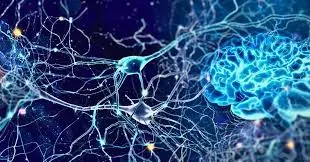
Mitochondrial Function and Energy Production
The compound also supports mitochondrial function in brain cells. Mitochondria are the powerhouses of cells, responsible for energy production. By optimizing mitochondrial efficiency, resveratrol may enhance brain energy metabolism, potentially leading to improved cognitive function and mental clarity.
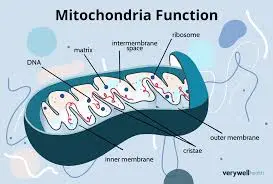
Inflammation Modulation
Chronic inflammation in the brain has been linked to cognitive decline and neurodegenerative disorders. Resveratrol exhibits anti-inflammatory properties, helping to modulate inflammatory responses in the brain and reduce oxidative damage. This action may contribute to long-term brain health and potentially slow age-related cognitive changes and memory loss.

Top Natural Sources of Resveratrol for Brain Support
While resveratrol supplements are widely available, incorporating natural sources of this compound into your diet can provide additional health benefits. Here are some of the richest natural sources of resveratrol:
Red Grapes and Red Wine
Perhaps the most well-known source of resveratrol, red grapes contain significant amounts of this compound in their skins. Red wine, produced from these grapes, also contains product, though it's important to note that moderate consumption is key to reaping potential benefits without negative health effects.

Berries
Various berries, including blueberries, cranberries, and mulberries, contain resveratrol. These fruits not only provide this beneficial compound but also offer a range of other antioxidants and nutrients that support overall health.
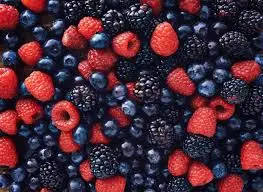
Peanuts and Pistachios
Among nuts, peanuts and pistachios stand out as good sources of resveratrol. They offer a convenient and nutritious way to incorporate this compound into your diet, along with healthy fats and proteins.

Dark Chocolate
High-quality dark chocolate, particularly varieties with a high cocoa content, contains resveratrol. This indulgent treat can be a delightful way to potentially support brain health when consumed in moderation.

Japanese Knotweed
While not a common dietary ingredient, Japanese knotweed is one of the richest natural sources of resveratrol. It's often used in supplement production due to its high resveratrol content.
Resveratrol's Role in Reducing Brain Aging Effects
As we age, our brains undergo various changes that can impact cognitive function. Resveratrol has shown promise in mitigating some of these age-related effects, potentially supporting healthier brain aging.
Neuroprotection Against Oxidative Stress
Age-related oxidative stress can lead to cellular damage in the brain. Resveratrol's potent antioxidant properties may help protect neural tissues from this damage, potentially slowing the progression of age-related cognitive decline.
Support for Brain Blood Flow
Proper blood flow to the brain is crucial for cognitive function. Resveratrol has been shown to support vascular health and may improve cerebral blood flow. This enhanced circulation could contribute to better cognitive performance and brain health in aging individuals.
Potential Alzheimer's Disease Protection
Some studies have suggested that resveratrol may have protective effects against Alzheimer's disease. It may help reduce the accumulation of beta-amyloid plaques, a hallmark of the disease, and support overall brain health in ways that could lower the risk of neurodegenerative conditions.
Sirtuins Activation
Resveratrol is known to activate sirtuins, a group of proteins involved in regulating cellular health and longevity. By activating these "longevity genes," it may contribute to cellular health and potentially extend the functional lifespan of brain cells.
Cognitive Reserve Enhancement
The concept of cognitive reserve suggests that certain lifestyle factors can help the brain better cope with age-related changes or damage. Resveratrol, through its various neuroprotective mechanisms, may contribute to building and maintaining this cognitive reserve, potentially helping individuals maintain better cognitive function as they age.
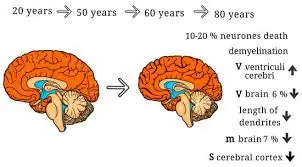
Conclusion
Resveratrol presents a fascinating avenue for natural brain health support. Its multifaceted effects on cognitive function, from antioxidant protection to neuroplasticity enhancement, make it a compound of significant interest in the field of neuroscience and healthy aging. While more research is needed to fully understand its potential, incorporating resveratrol-rich foods into a balanced diet or considering supplementation under professional guidance may offer promising benefits for brain health.
For those interested in exploring high-quality product supplements, Shaanxi Rebecca Biotechnology Co., Ltd. offers premium Polygonum Cuspidatum Extract with a minimum of 98% resveratrol content. Our product is rigorously tested and manufactured to the highest standards, ensuring purity and potency. For more information or inquiries, please contact us at information@sxrebecca.com.
_1730691017423.webp)




